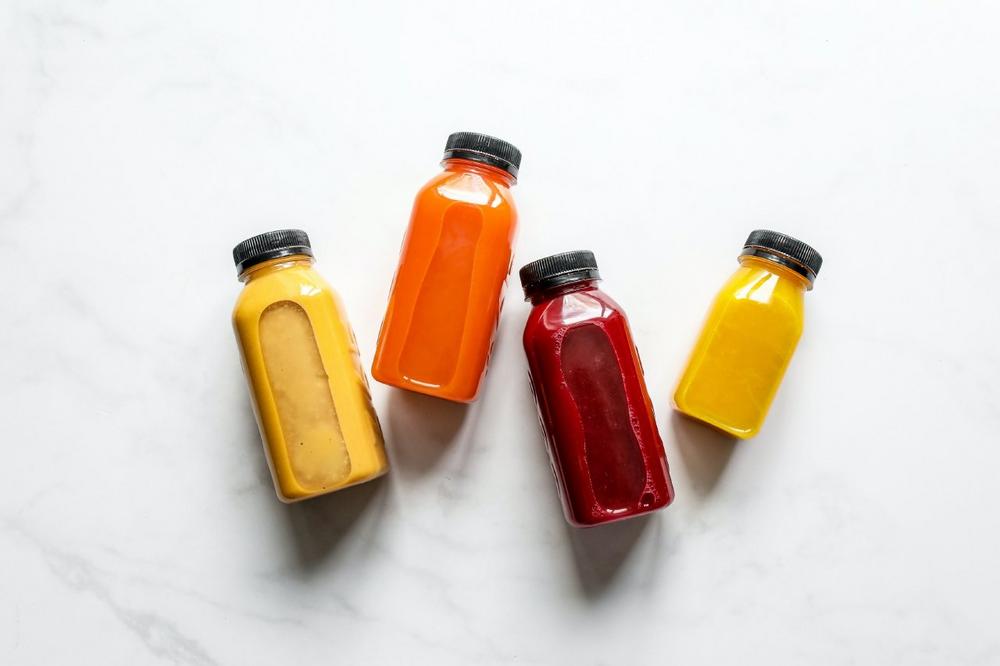"Due to their properties, such as high thermal and chemical stability, PFAS are also referred to as "forever chemicals"," explains Arne Dübecke, Managing Director of chelab Dr. V. Ara GmbH & Co. KG (chelab). They were developed for various applications for industry and used for decades. The substances are used in various consumer goods, for example in paints, coatings for leather and textile goods, clothing, carpets, packaging, car care products, as well as for the production of papers with grease-, water- and dirt-repellent properties. During production, these substances can be released directly into the environment or indirectly through the disposal of consumer products. PFAS are hardly degraded in nature and are very mobile, which has led to these substances being detectable almost everywhere in the world. The main entry into humans occurs through the ingestion of food. There they are deposited in organs, such as the liver. Some of these substances are thought to have a carcinogenic effect.
"So far, data on PFASs in groundwater and drinking water are primarily available. No data are available for fruit juices. However, the possibility cannot be excluded that PFASs enter the juice with the added water during the redilution of concentrates. It is also conceivable that PFASs could enter the fruit via the water absorbed by the plant," explains Simone Schmidt, managing director of chelab. For example, a US beverage manufacturer is currently facing a PFAS finding in orange juice.
"It is very important to us," continues Arne Dübecke, "to inform our customers about PFAS in good time and to help them understand the extent of possible contamination. Therefore, our team at chelab has taken up this issue and is currently conducting a study together with our partners at bilacon GmbH to get a first impression of the extent to which PFASs are also an issue for the fruit juice industry or whether the finding reported in the media is an exception."
Our team will be happy to answer any questions you may have on this topic.
About chelab
chelab was founded in 1977 by Dr. V. Ara in Hanover as an independent commercial laboratory. From the beginning, the focus of the laboratory’s activities was on the analysis of non-alcoholic beverages, especially fruit juices. In more than 40 years, the company has developed satisfactorily, has been able to expand its customer contacts also internationally and is a trustworthy partner in all customer matters.
Tentamus Group GmbH was founded in 2011. Tentamus is a global product and safety group with a core presence in Europe, UK, Israel, China, Japan, India and the USA. Accredited and licensed Tentamus Group tests, audits and consults on all products involving the human body (food & feed, pharmaceuticals & medical, agrosciences, cosmetics, agriculture & environment and nutraceutical & supplements). Tentamus Group is represented in over 90 locations worldwide. More than 4,000 highly-trained staff members work in over 3 million square feet of laboratory and office spaces. For further information please visit www.tentamus.com.
Tentamus Group GmbH
An der Industriebahn 26
13088 Berlin
Telefon: +49 (30) 206038-230
Telefax: +49 (30) 206038-190
http://www.tentamus.com
Managing Director of Chelab GmbH and of TCF²
E-Mail: arne.duebecke@tentamus.com
Managing Director chelab GmbH
E-Mail: simone.schmidt@tentamus.com
![]()
